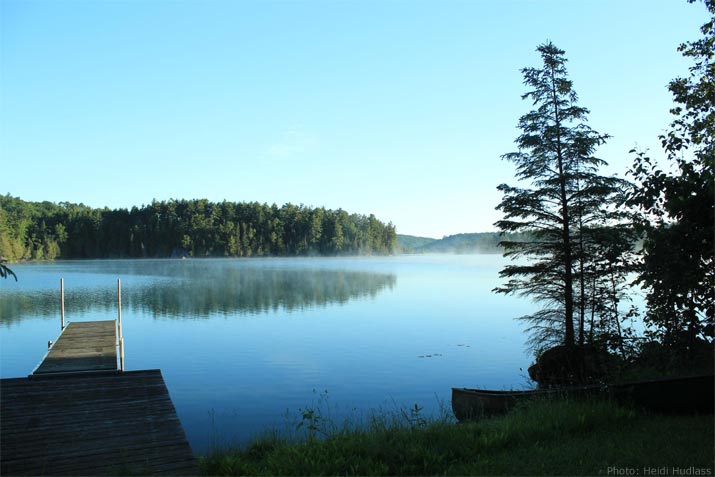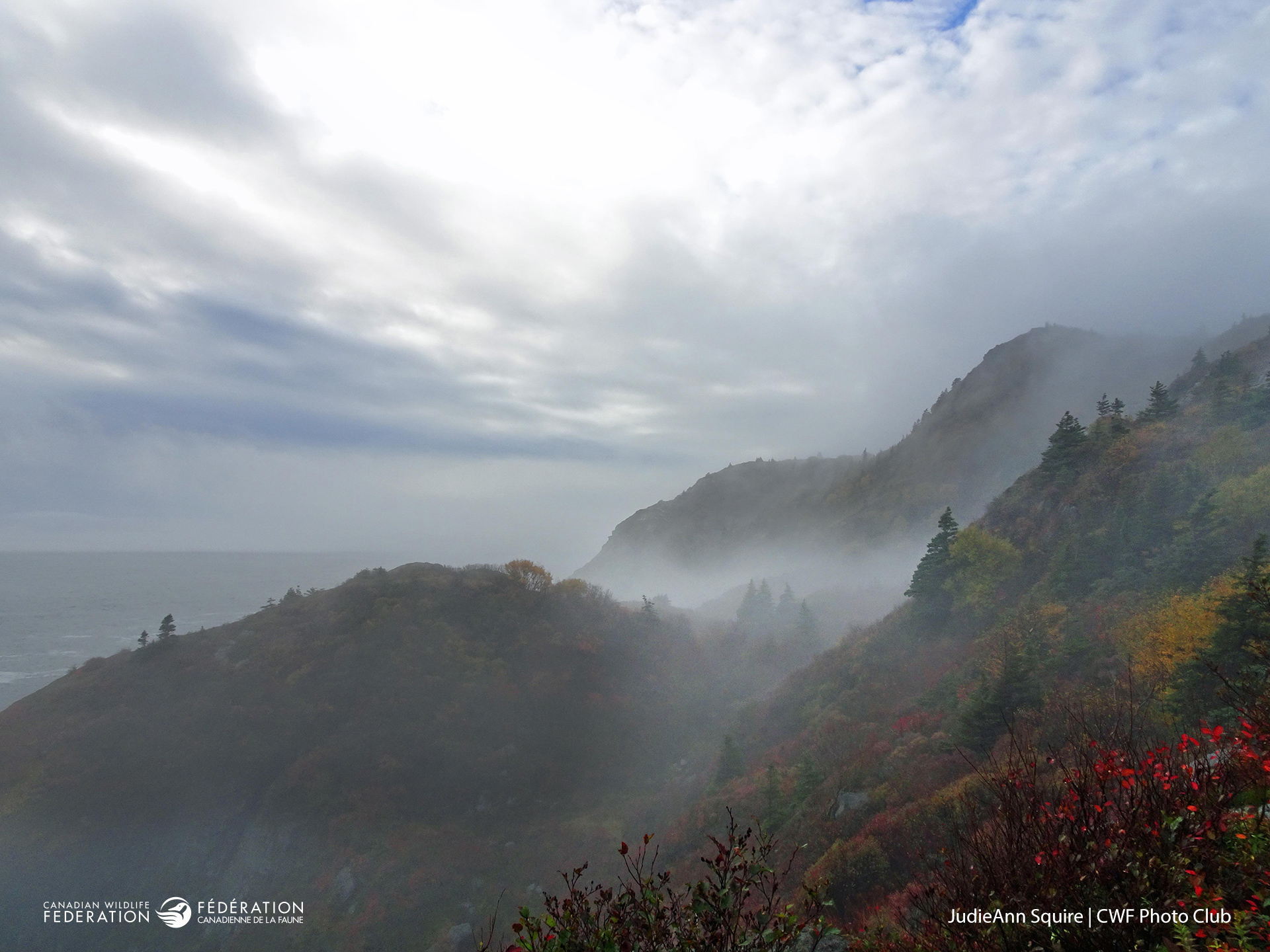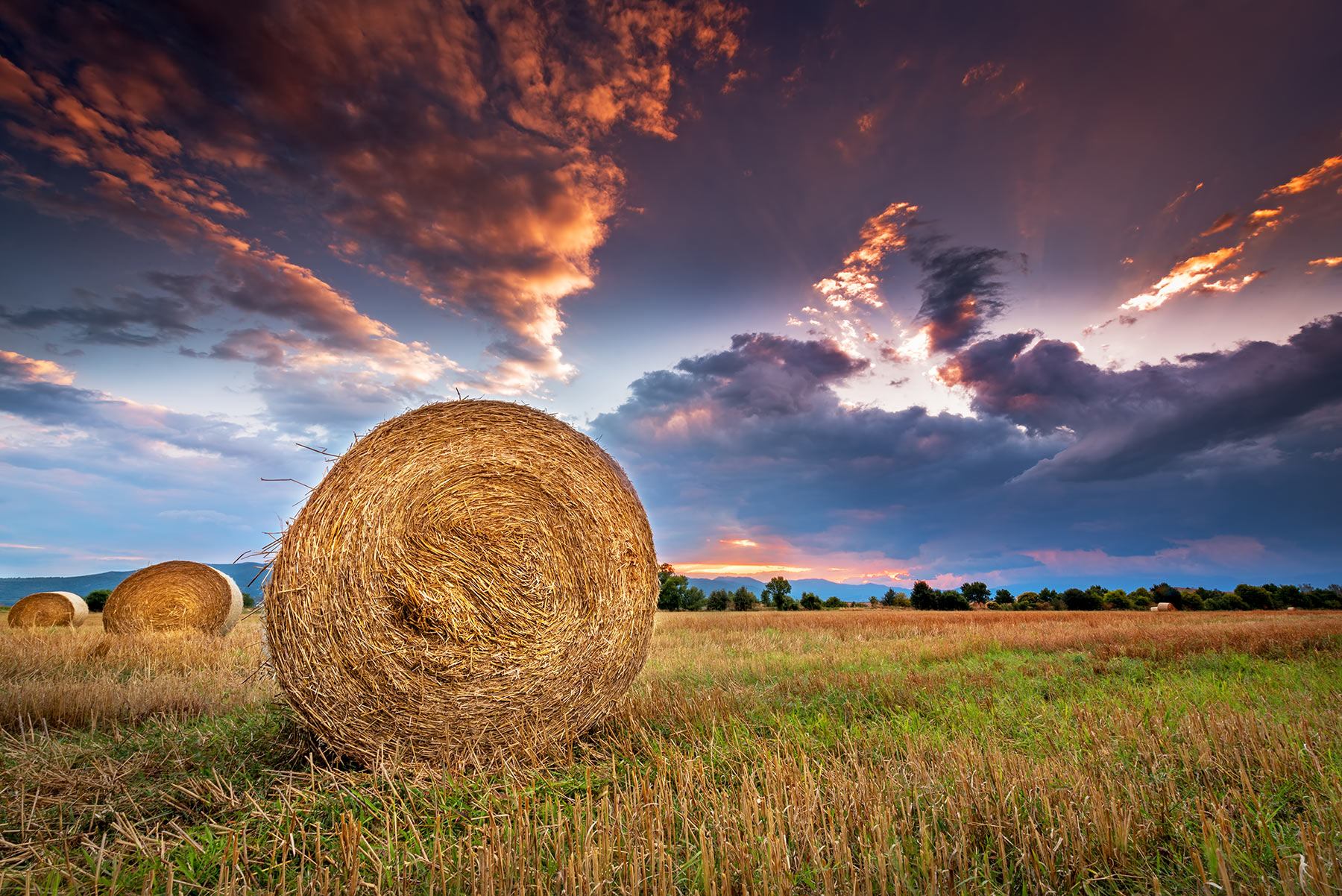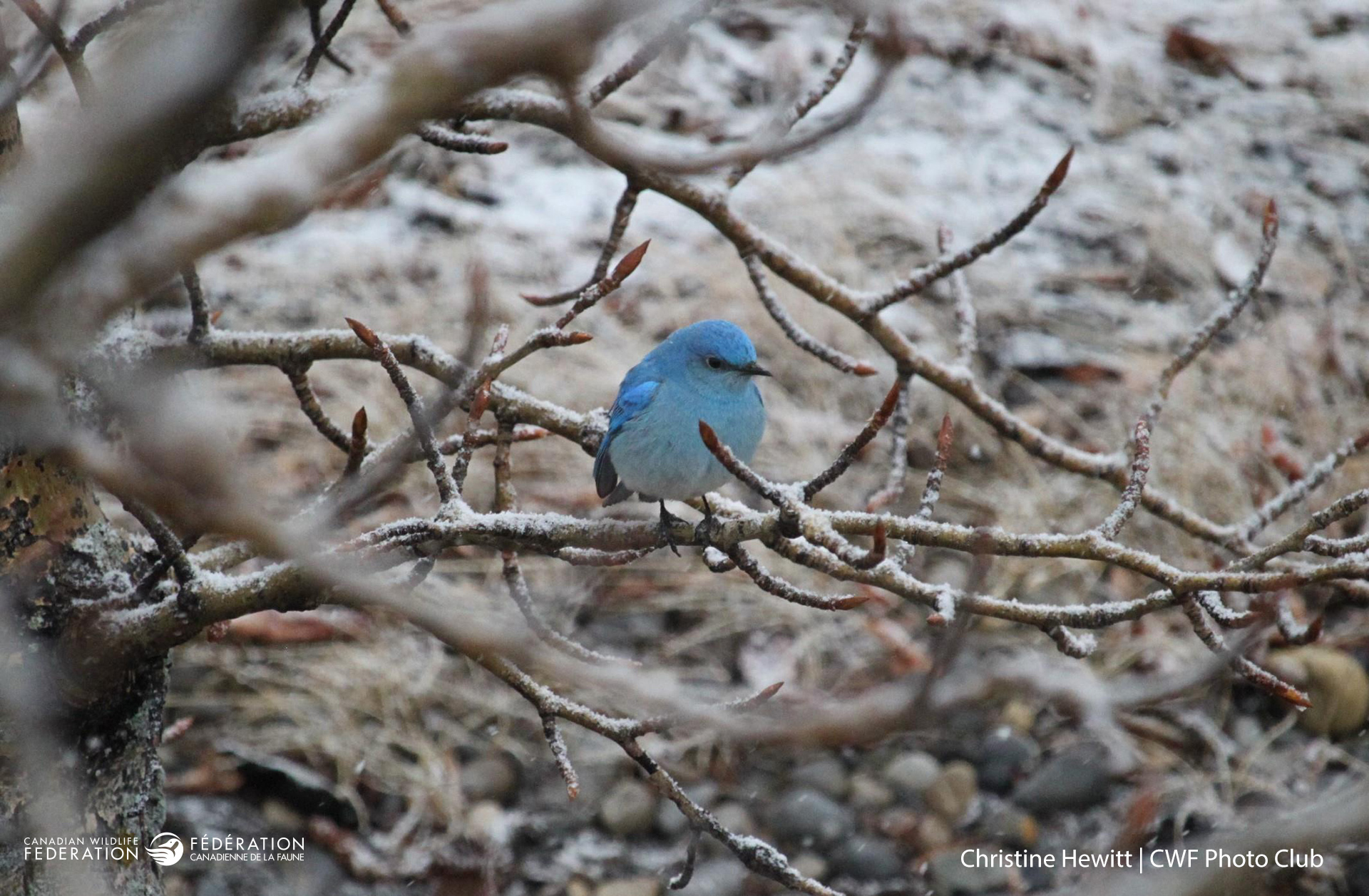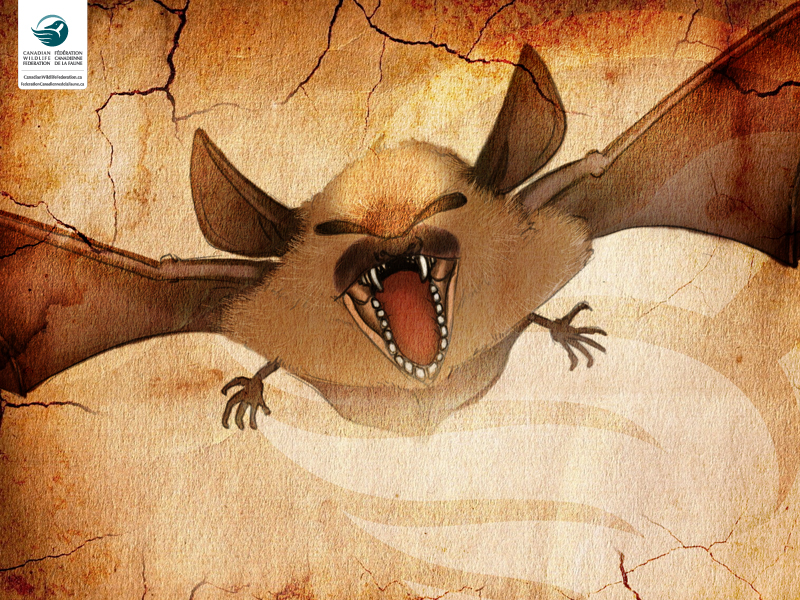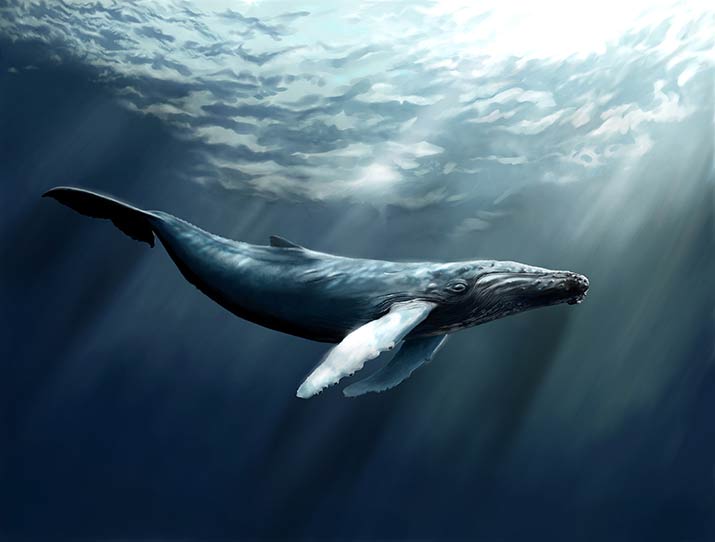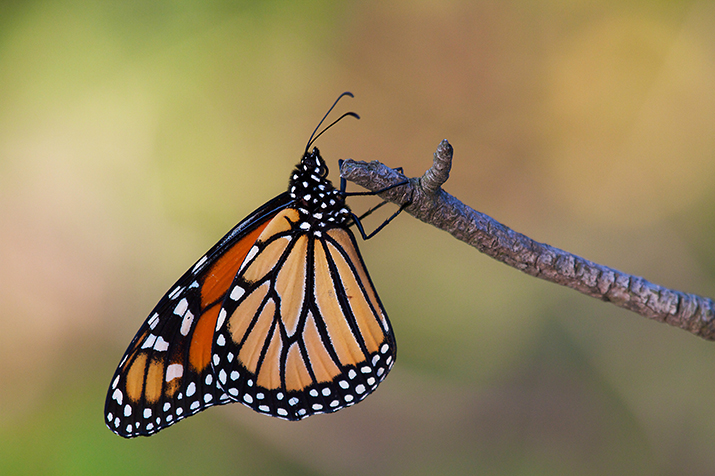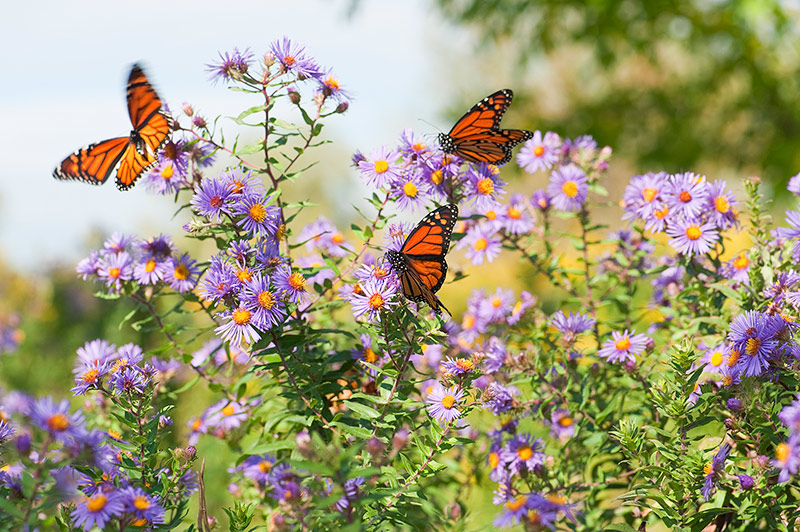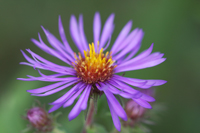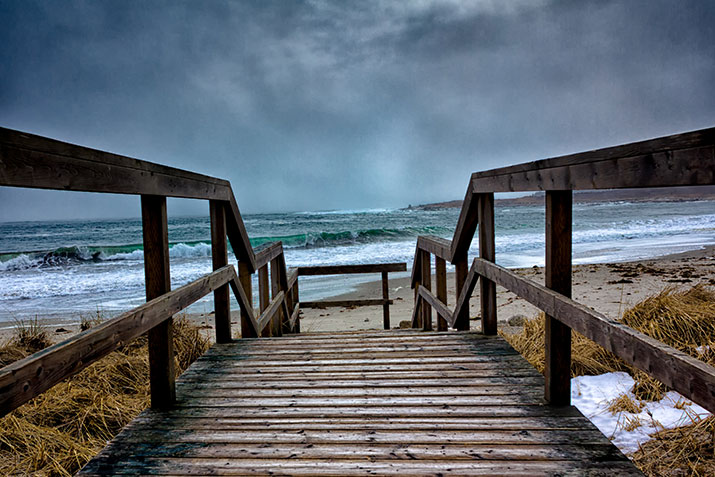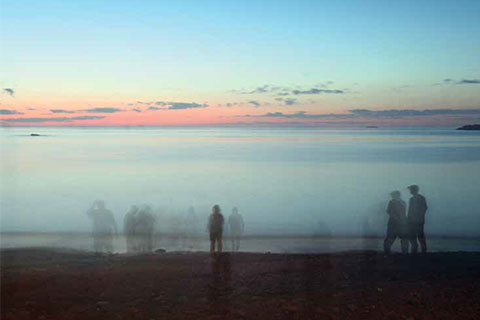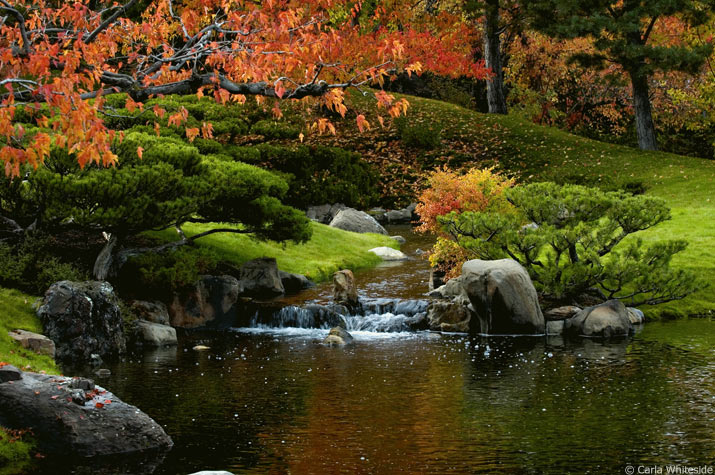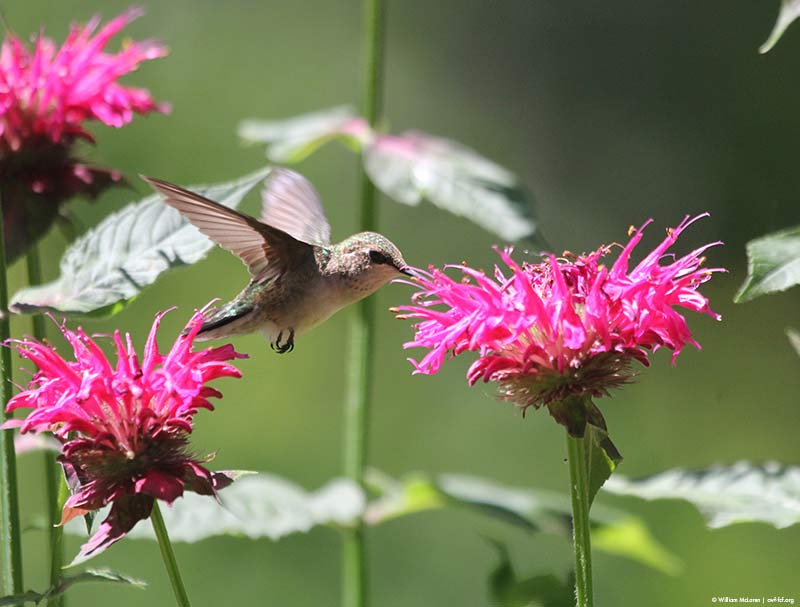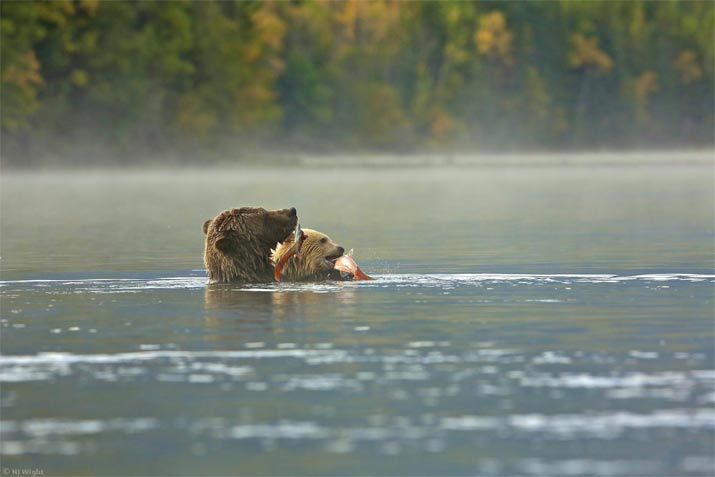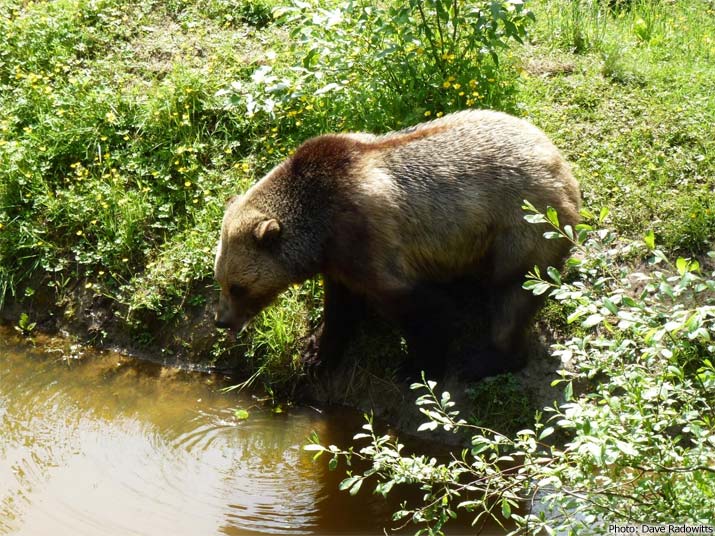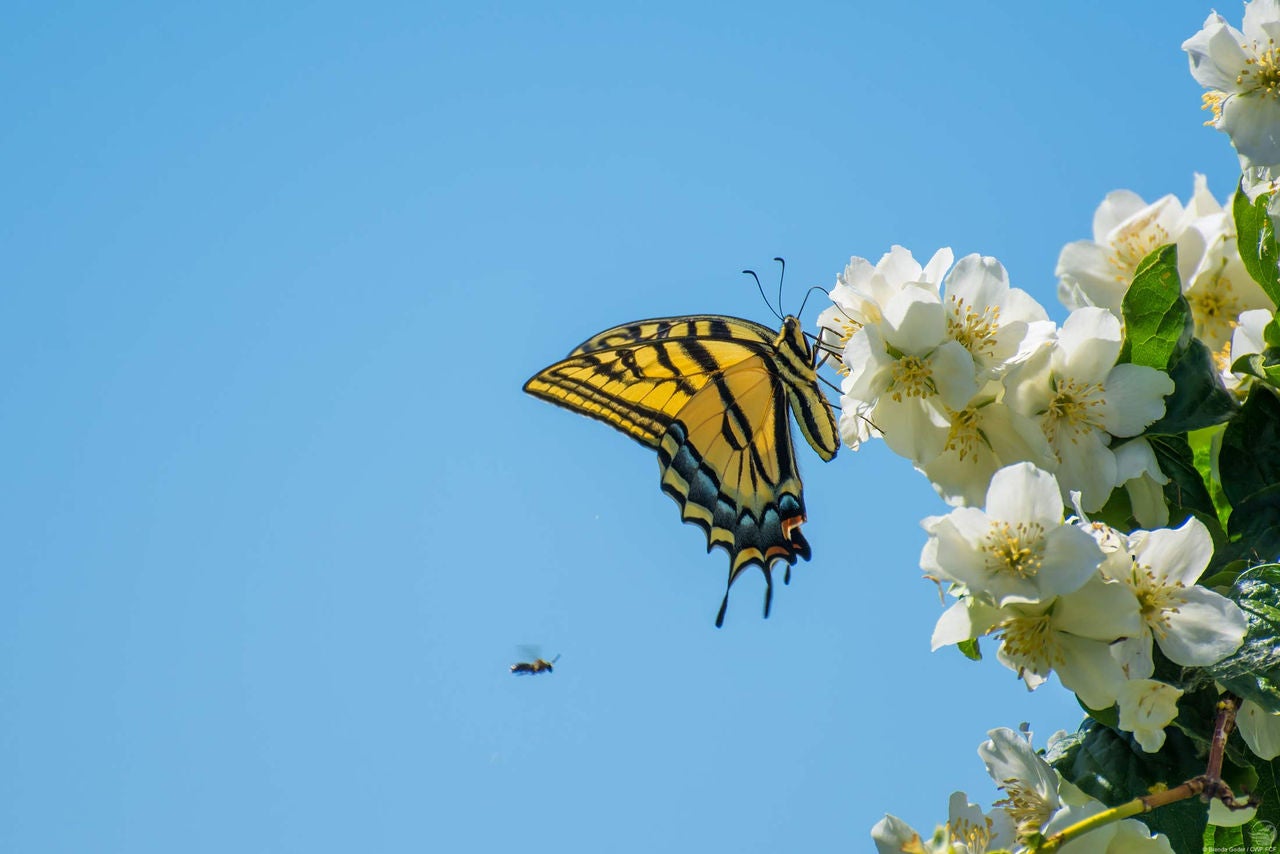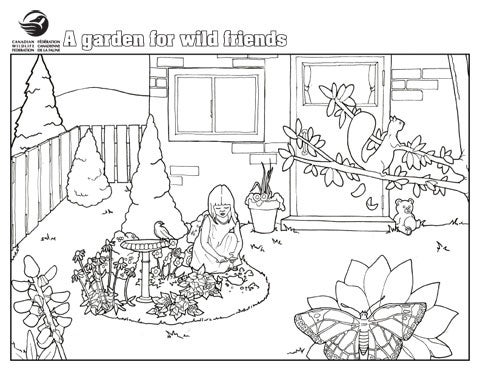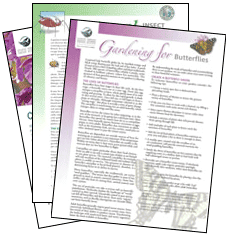-
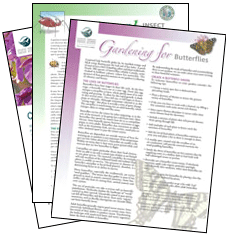 Guides, Infographics & Posters
Guides, Infographics & PostersGuides, Infographics & Posters
Take a closer look at the ways in which we’ll help you access the facts about wildlife. Whether it’s discovering the Hinterland Who’s Who animal fact sheets, or ordering our handy field guide to Canada’s prevalent shoreline species. This content is available to our CWF Supporters and online members. Please sign in to order your free materials.
More -
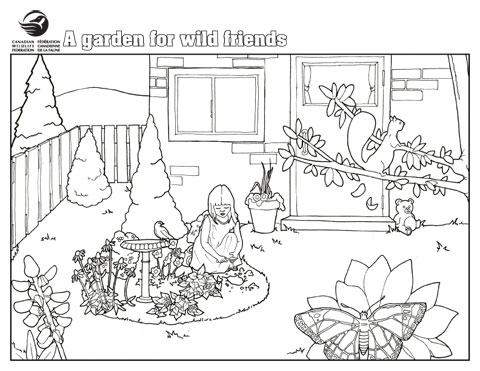
-
Wildlife E-cards
Wildlife E-cards
Send Dad a wildlife e-card! You cherish our wonderful wildlife and now you can send e-greetings that reflect your love of nature. We have developed a wide array of wildlife ecards for every occasion for you to share with your family and friends!
More -
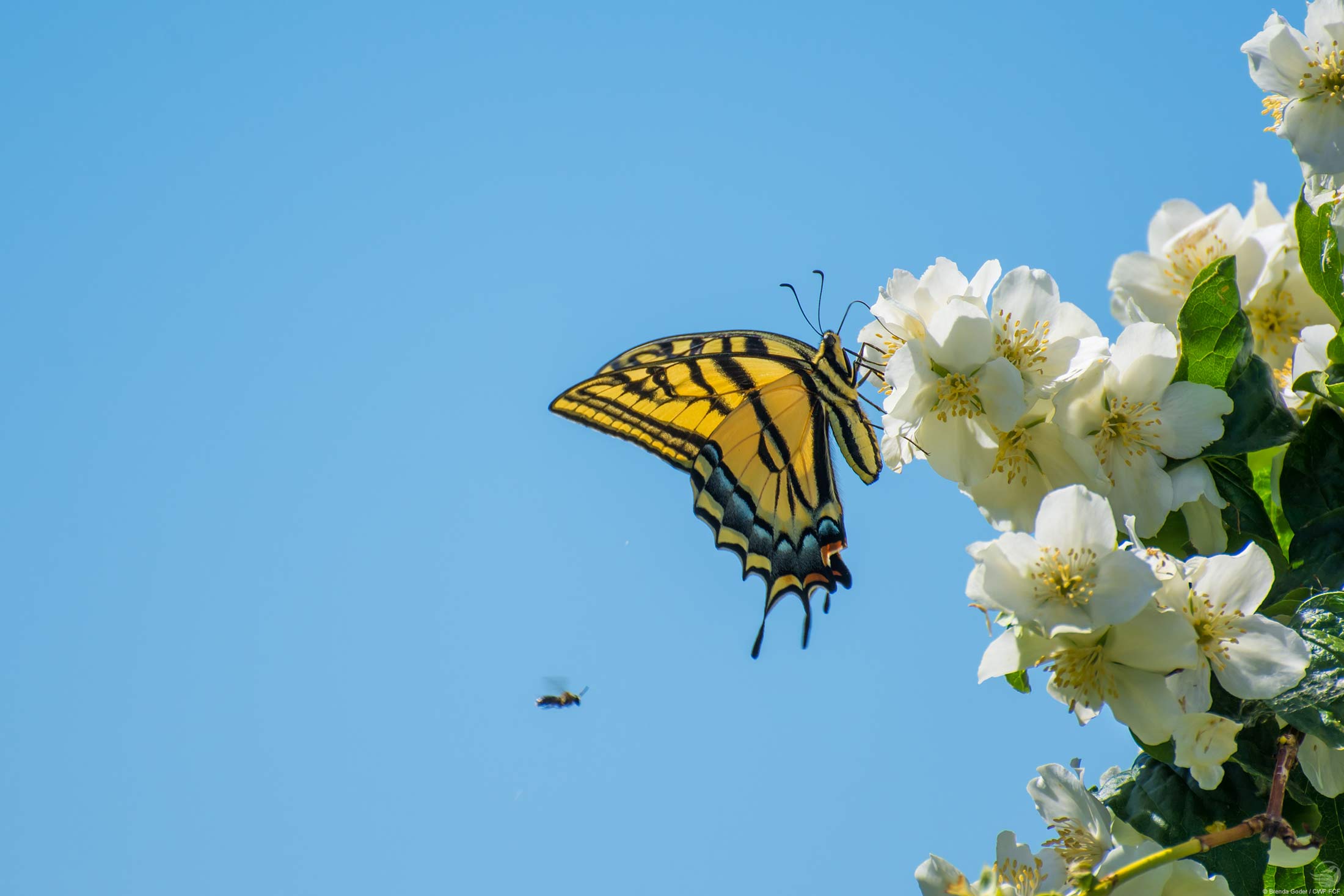 CWF Wallpapers
CWF WallpapersCWF Wallpapers
Your desktop is the perfect habitat for this wild wallpaper. Download CWF wallpapers!
More -
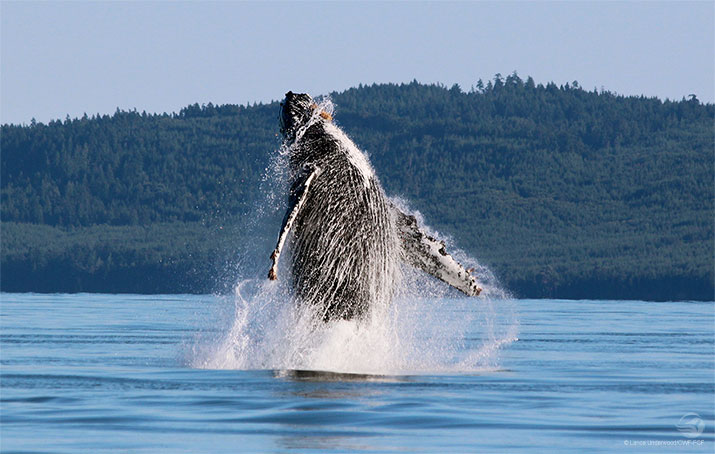 WILD Webinars
WILD WebinarsWILD Webinars
With topics relating to conservation, wildlife and habitat, we provide a relevant online learning platform, typically for grades four to six but of benefit to any age.
More
From easy-to-use apps designed as tools for your citizen science projects to picturesque wallpaper images for your computer, CanadianWildlifeFederation.ca offers a variety of useful downloads for your PC and mobile devices.
-
Search Results
2025-11-21
-
Error Page
2025-12-08
The page you requested could not be found. It is possible that the address is incorrect, or that the page no longer exists.
-
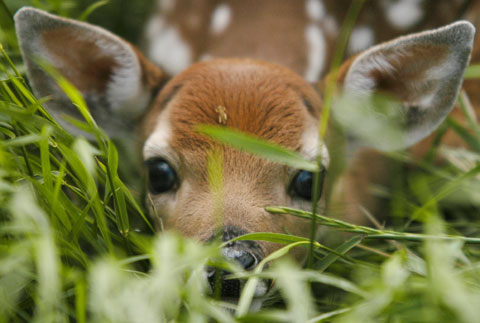
Ways to Give
2025-12-11
Your Donation Makes a Difference!</p> <p>CWF is funded entirely by people who want Canada’s future to include healthy wildlife and natural areas, as well as the many environmental, economic, health and social benefits they provide. </p> <p>CWF offers simple and convenient ways to take action for Canada's wildlife. With your support, we can help ensure a healthy and sustainable future for wildlife.
-
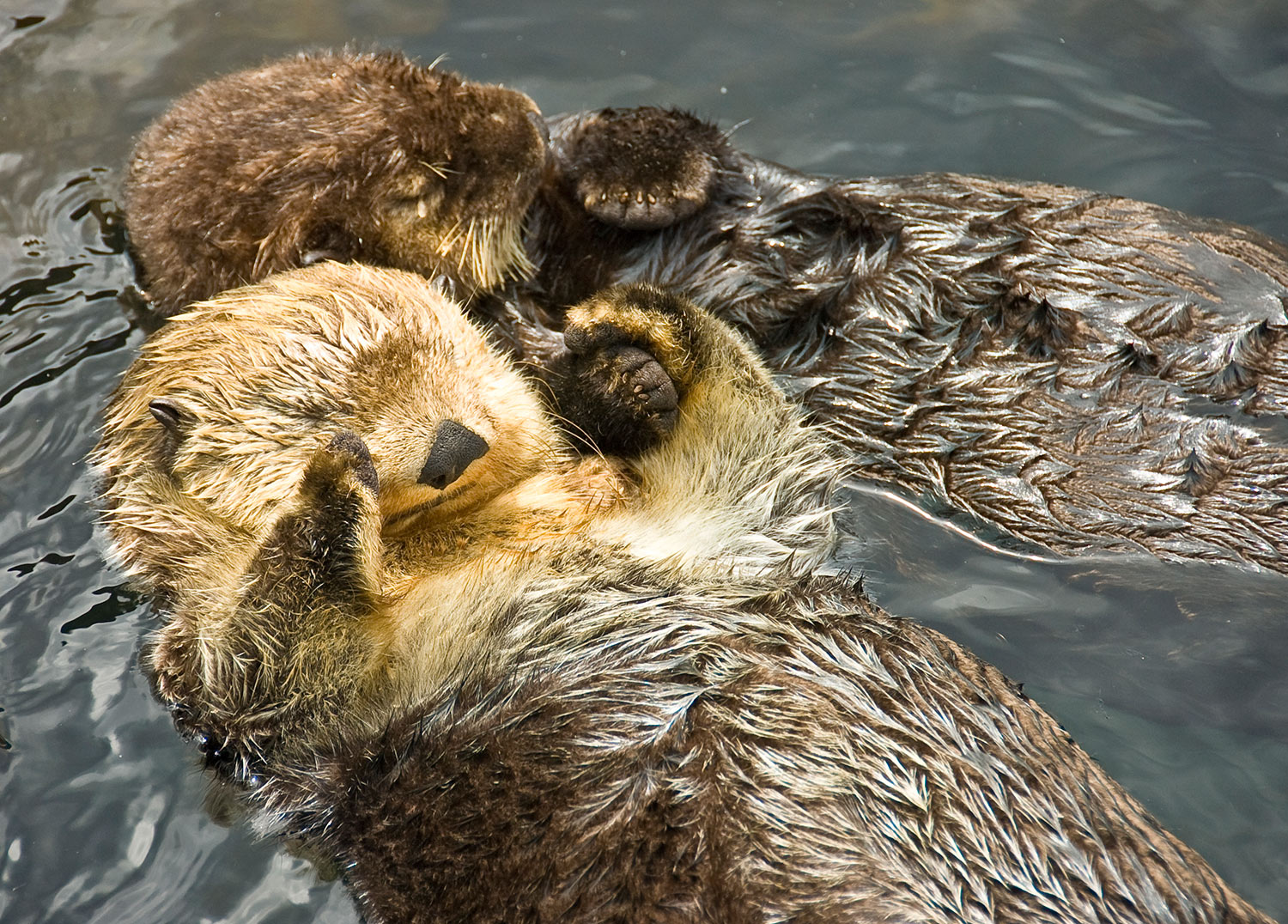
About Us
2026-01-05
The Canadian Wildlife Federation is a charitable organization that works with Canadians to make a difference to the kind of legacy we leave behind … not just for wildlife, but also for our children.
-
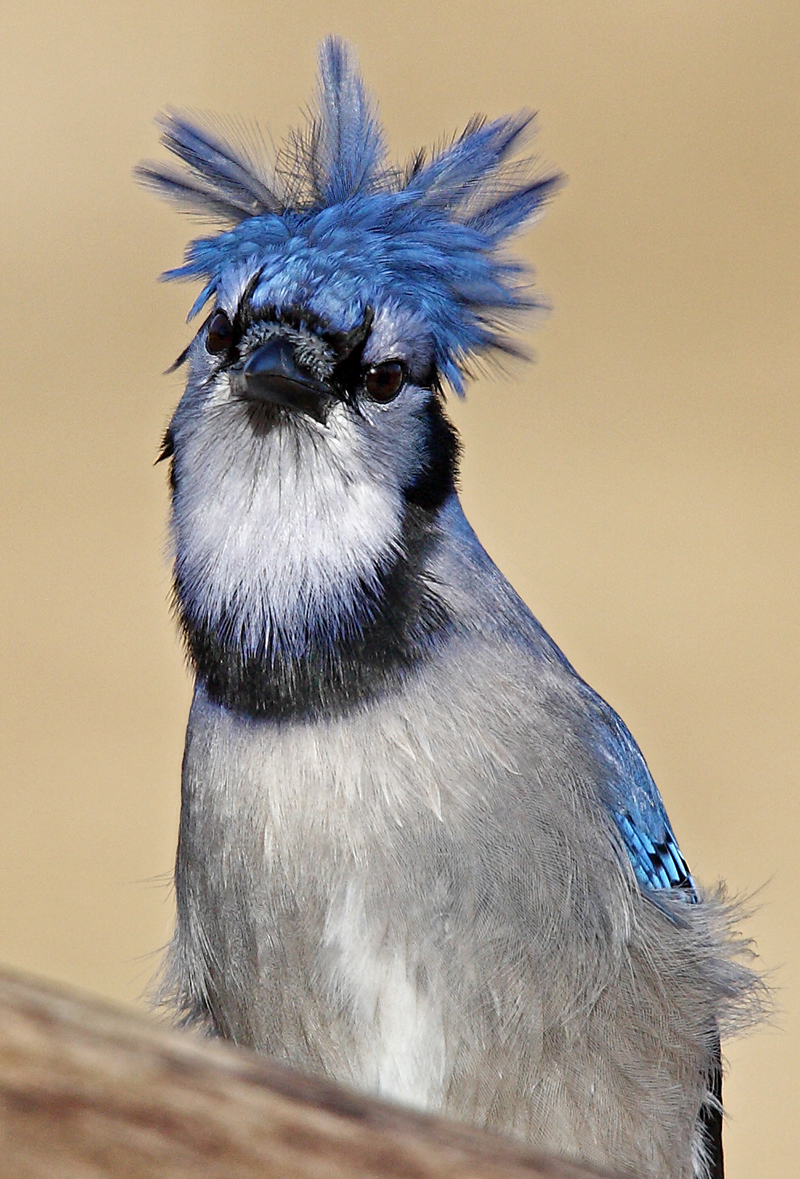
What We Do
2025-12-05
The Canadian Wildlife Federation is a charitable organization that works with Canadians to make a difference to the kind of legacy we leave behind … not just for wildlife, but also for our children. See how our work helps us toward this goal.
Coasts & Oceans
-
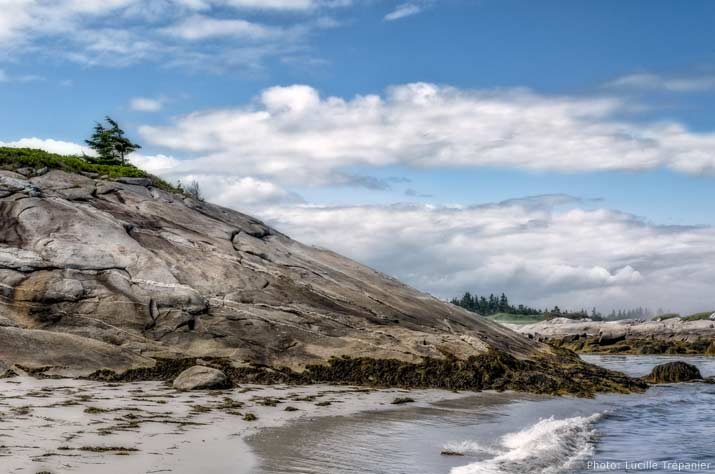
-
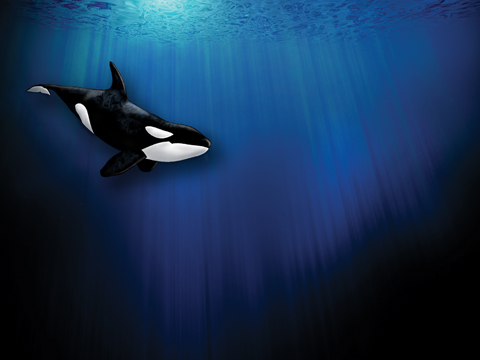
-

-

Learning and Engagement Dialogue: Cumulative Effects under the Fisheries Act
2021-04-14
This 1:00 p.m. ET event is hosted by Aquatic Habitat Canada, a national network supporting aquatic habitat protection and restoration. This webinar series is based on the consultation topics of the current Fisheries and Oceans Canada’s Fish and Fish Habitat Protection Program (FFHPP) development process. For this first event, we will be hosting expert speakers from multiple sectors to present their involvement and perspectives on cumulative effects. The webinar will also include an open panel discussion and a Q&A period. This outreach event is intended to be informative and educational, while allowing public engagement. We welcome all perspectives and experiences to the event and hope to host productive discussions for those planning to make submissions to the FFHPP consultation process.
-
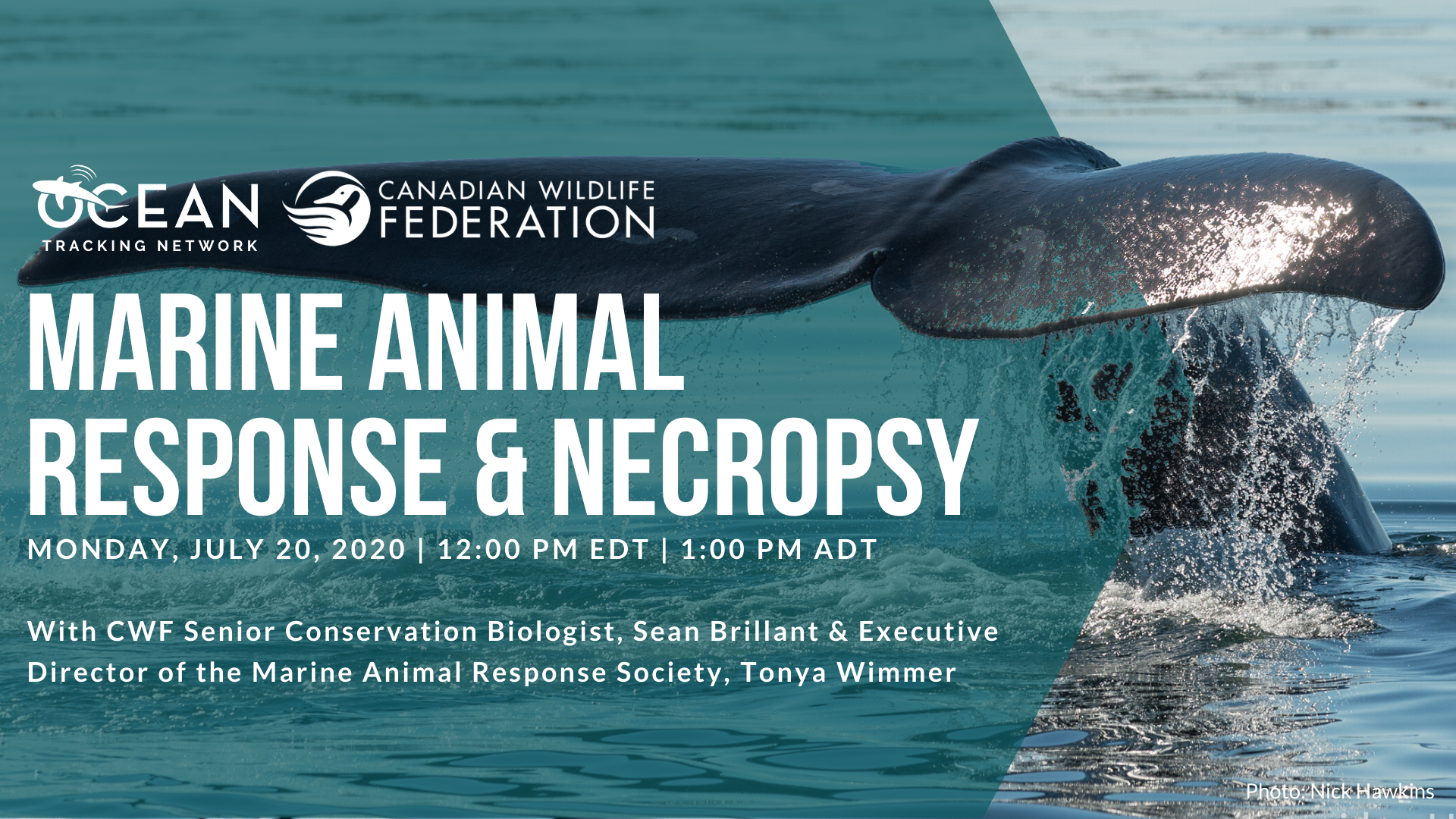
Marine Animal Response & Necropsy Webinar and Q&A
2020-07-20
Every year, more than 1,000 marine animal incidents are reported in Canada. Sean and Tonya will discuss the importance of responding to marine animal emergencies, and the essential conservation role you and other Canadians can play by reporting incidents. Sadly, some of these incidents have tragic endings. When a marine animal dies, a necropsy (or autopsy) can help us better understand and conserve marine wildlife. Tonya will share her experience participating in North Atlantic Right Whale necropsies, and we’ll discuss ways we can work together to conserve this important and critically endangered species.
Connecting With Nature
Education & Leadership
-
Education wallpapers
2025-11-28
-
-

-
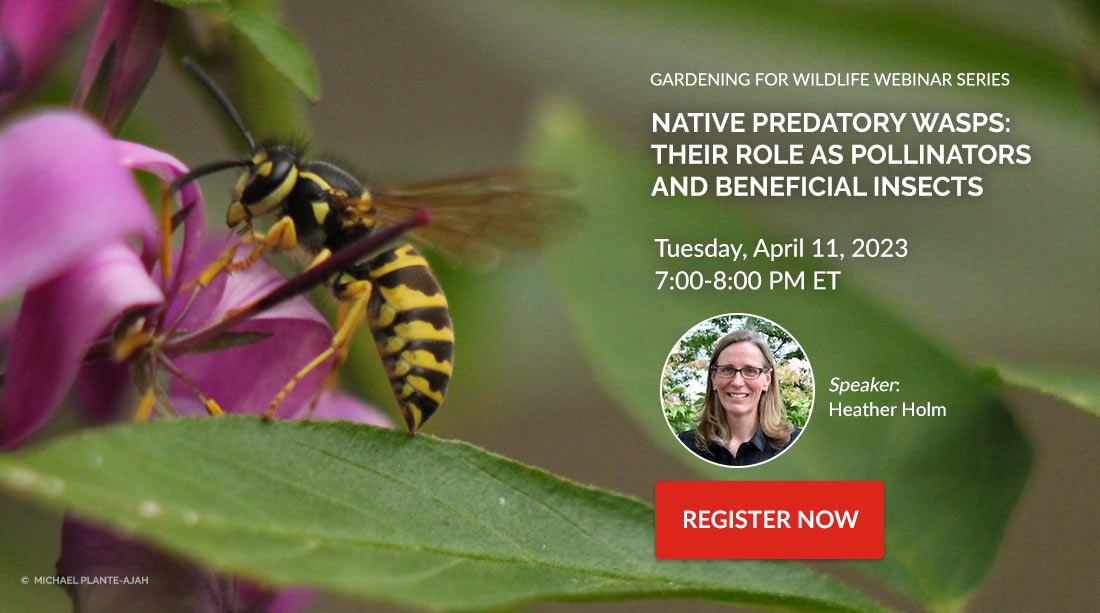
Native Predatory Wasps: Their Role as Pollinators and Beneficial Insects
2023-04-11
Gardening for Wildlife Webinar Series: Join CWF April 11th as Heather Holm, highly-respected researcher and award-winning author, shares her discoveries and beautiful photography of our native wasps. In this webinar, Heather “will highlight many amazing natural history and biology facts about native wasps illustrating their nesting habitat, prey specificity, and the ecosystems services they provide—pest insect population control and pollination.” Please note – this webinar will only be available as a recording for those who register for a few days afterwards. Please register to avoid missing out!
-
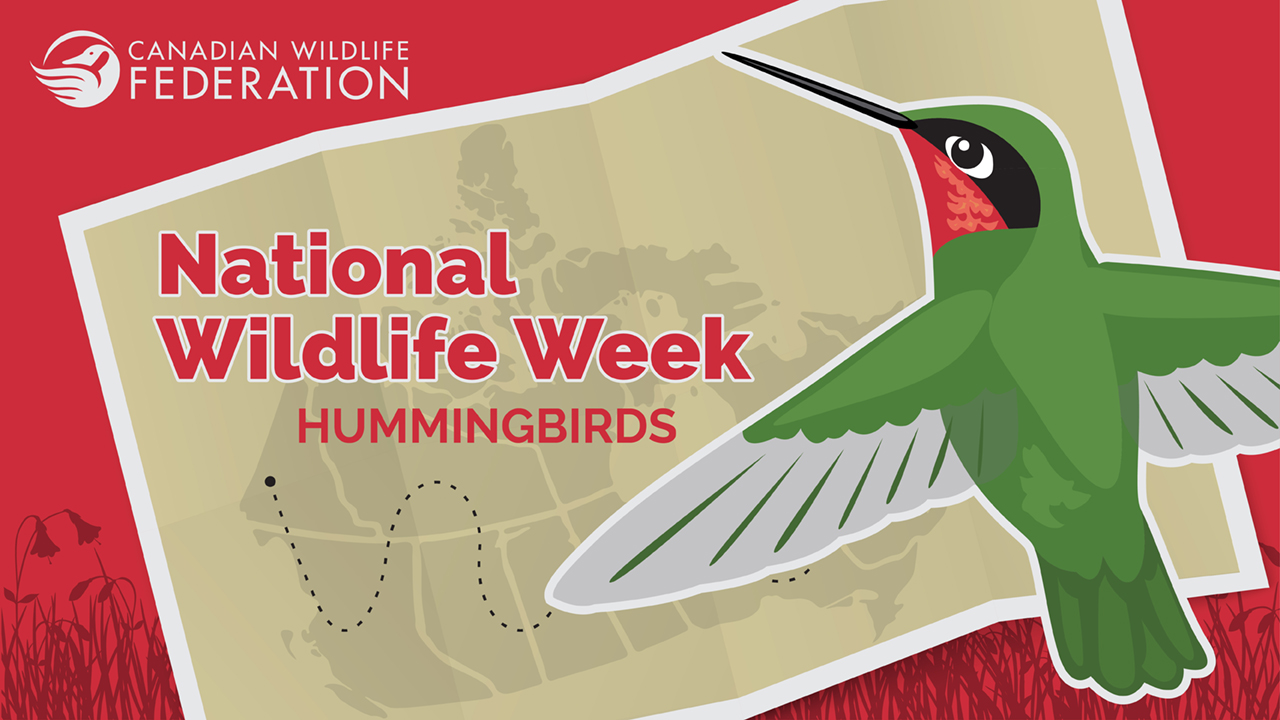
Hummingbirds With Sarah Coulber
2025-04-09
Sarah’s love of nature led to several environmental jobs with municipalities and naturalist volunteer roles before joining the Canadian Wildlife Federation over 20 years ago. Sarah runs the Gardening for Wildlife program where she helps Canadians discover, appreciate and support the incredible nature that surrounds us. Join Sarah to discover the migration, nesting, and feeding habits of Canada’s hummingbird species, and explore simple ways you can help hummingbirds at home or school!
Endangered Species & Biodiversity
Forests & Fields
Lakes & Rivers
- 0
- 1
- 2
- 3








